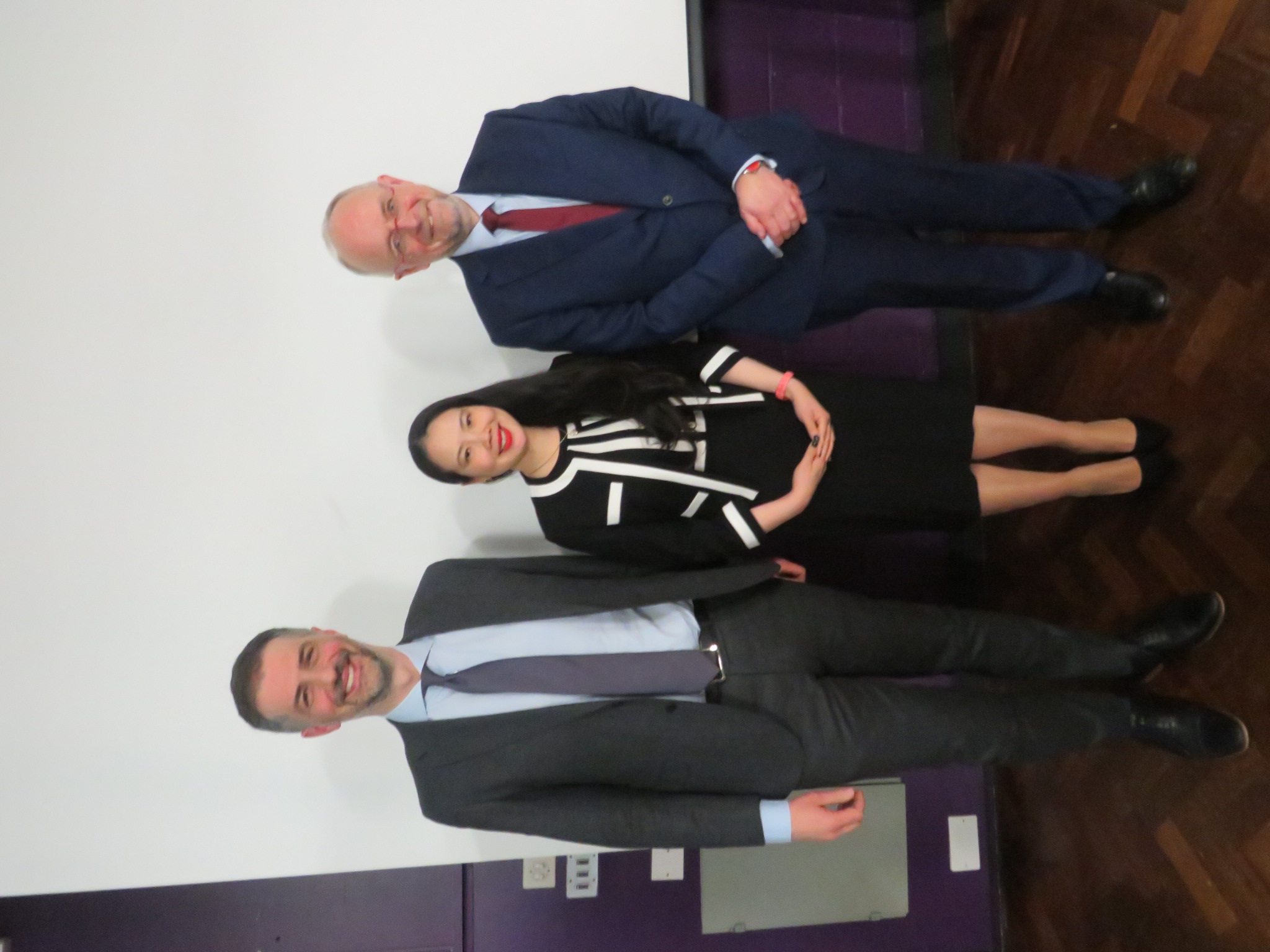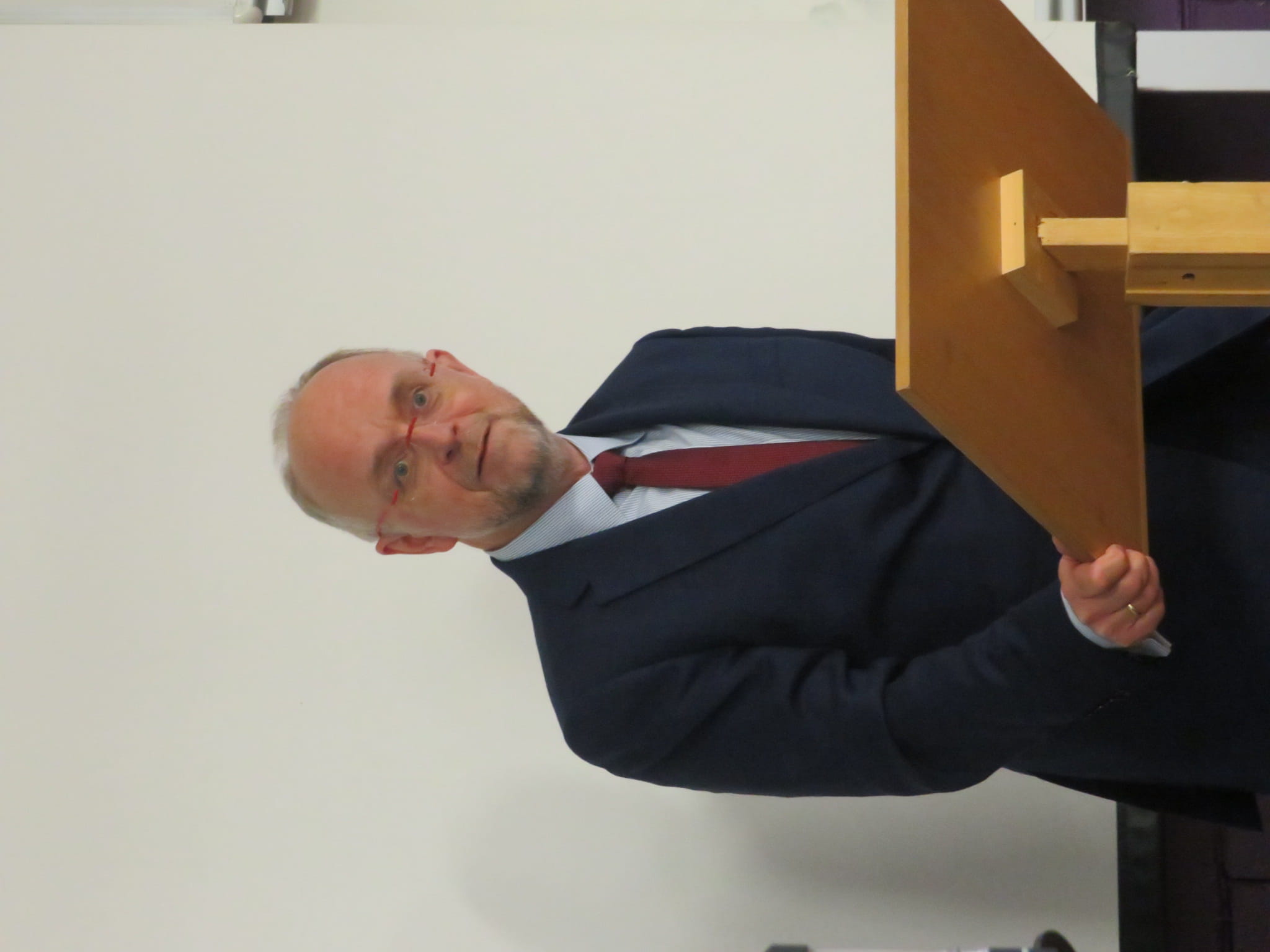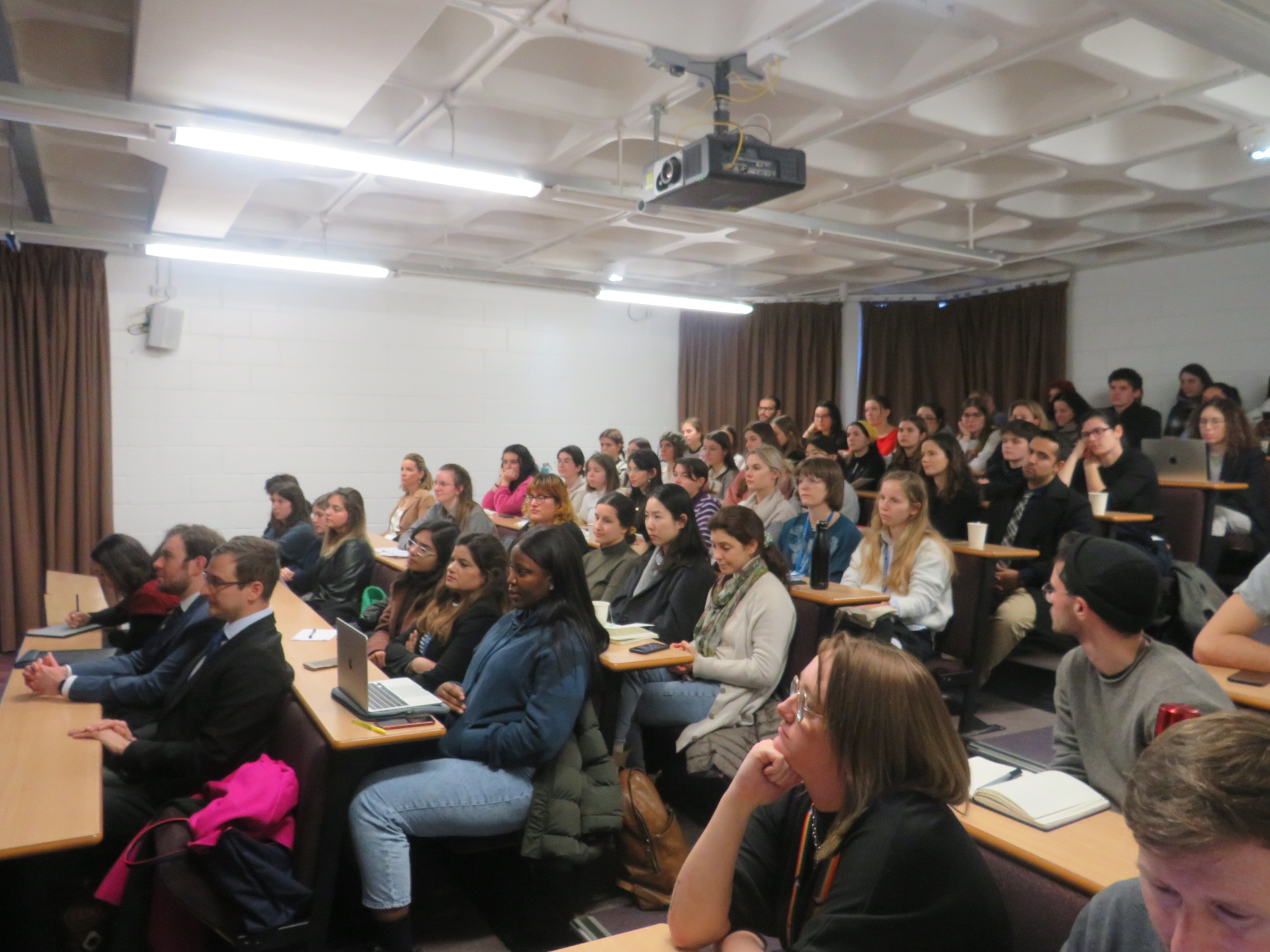Inaugural International Law Lecture - A Student Perspective

The Inaugural International Law Lecture with the theme “The European Court of Human Rights as an actor in international Law” was held on the 10th of March and was given by Judge Tim Eicke, a Uk judge at the European Court of Human Rights and the vice president of section reflection on the way the EU interacts with general public law, began with an opening address from Dr Dimitrios Kyritsis.

Before the beginning of the lecture students had the opportunity to chat with the judge over tea and cake. In this blog I will try to relay some of of the points made by Judge Eicke during the lecture.
While giving some opening words, Dr Dimitrios referred to the international law lecture series as a hall mark of the Universities international Law strength, he also pointed out that from the launch of the lecture series a host of individuals have been spoken including academics, judges, and practitioners. After Dr Kyritsis’ introduction the Chair of this lecture, Dr Megan Wong, took the stand to introduce the speaker.
At the beginning of the Lecture Judge Eicke stated that the purpose of this lecture was not to provide a detailed analysis of the international law Practice. He stated that the purpose of the European Court of Human Rights is not to Judge the countries of the EU but to serve as a court for the people when all other methods of achieving justice have been exhausted.
The purpose of the Court
The European Court of Human Rights acting as a court for the people raises an important question, ‘So When/how does the court get involved in Public international law?’.According to Judge Eicke, this happens: Through the use of general rules of public international law and the interpretation of its family treaty, the European Convention of Human Rights.
- When it is asked to develop or seeks to explain a development of established convention standards by reference to other rules of international Law.
- When a norm of international law is in apparent or potential conflict with the provisions of the convention on an issue before the court .
- Where a norm of international law conditions the existence or nature of te right provided for under the convention.
- When the court might seek inspiration from the experiences of other international dispute settlement mechanisms.

Addressing Challenges
Judge Eicke also touched on the topic of the European convention of human rights in the European and international legal order in relation to the report published by the CBBH which was designed to consider key areas in which states could potentially find themselves facing conflicting obligations with diverging standards with a tended risk for the credibility and coherence of the system of the convention.
This report expressly included the challenge of the interaction between the convention and other branches of international law. These challenges were considered under four epics:
- The methodology and interpretation by the court and its approach to international law.
- State responsibility and extraterritorial application of the convention.
- Interaction between resolution of the US security council and the convention.
- Interaction between international humanitarian law and the convention.
The Lecture ended with a question-and-answer session. One of the questions directed at Judge Eicke was “Do you think that the war between Russia and Ukraine will redefine the court?” The judge responded by saying that the ICJ and human rights courts are concerned with the matter of the war. He was unsure if there would be a change in the courts, however, the war has brought about questions that have not been considered before.
A Successful Event

It was great to have the opportunity to hear someone who works directly with those issues coming to Essex to speak to students. We look forward for the next installment of the International Law Lecture.

